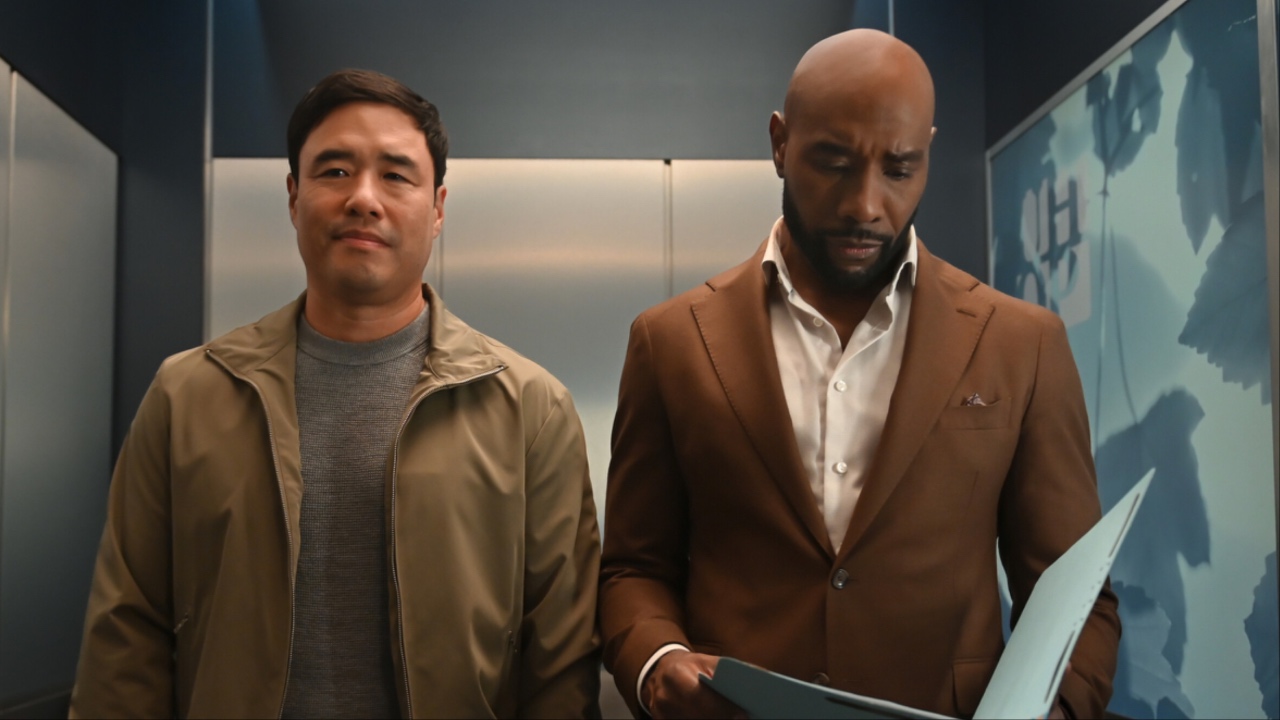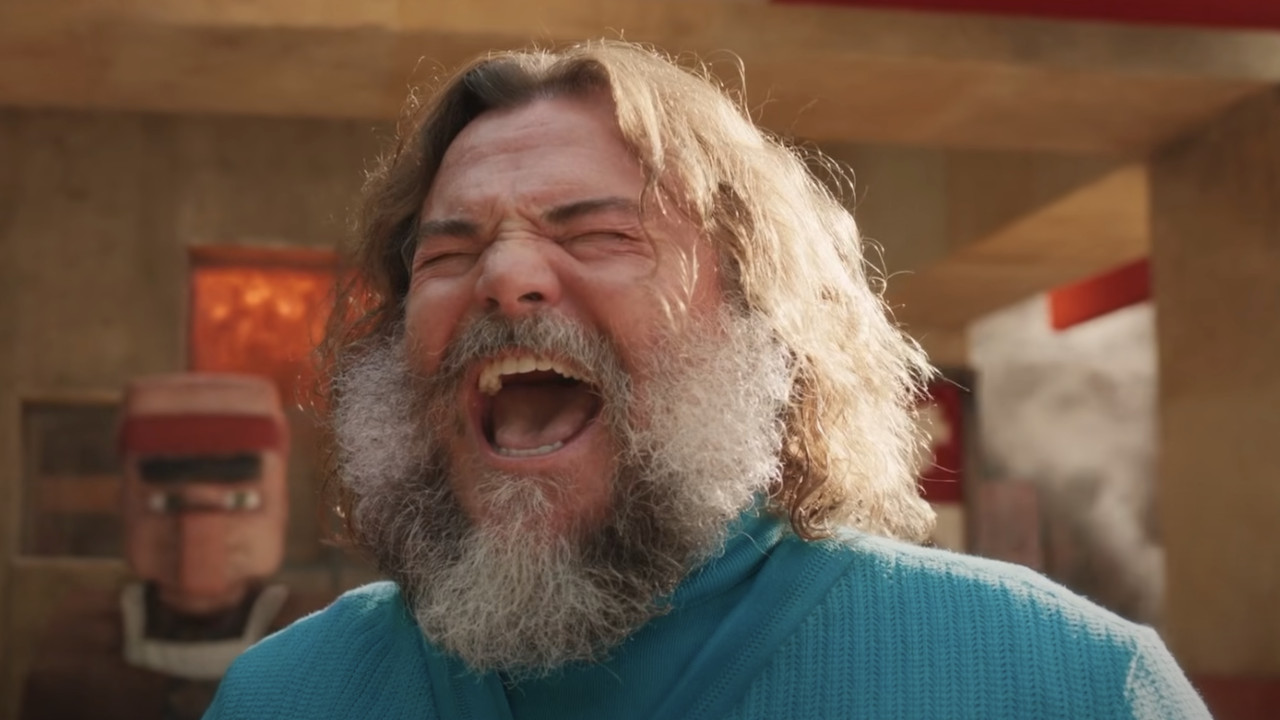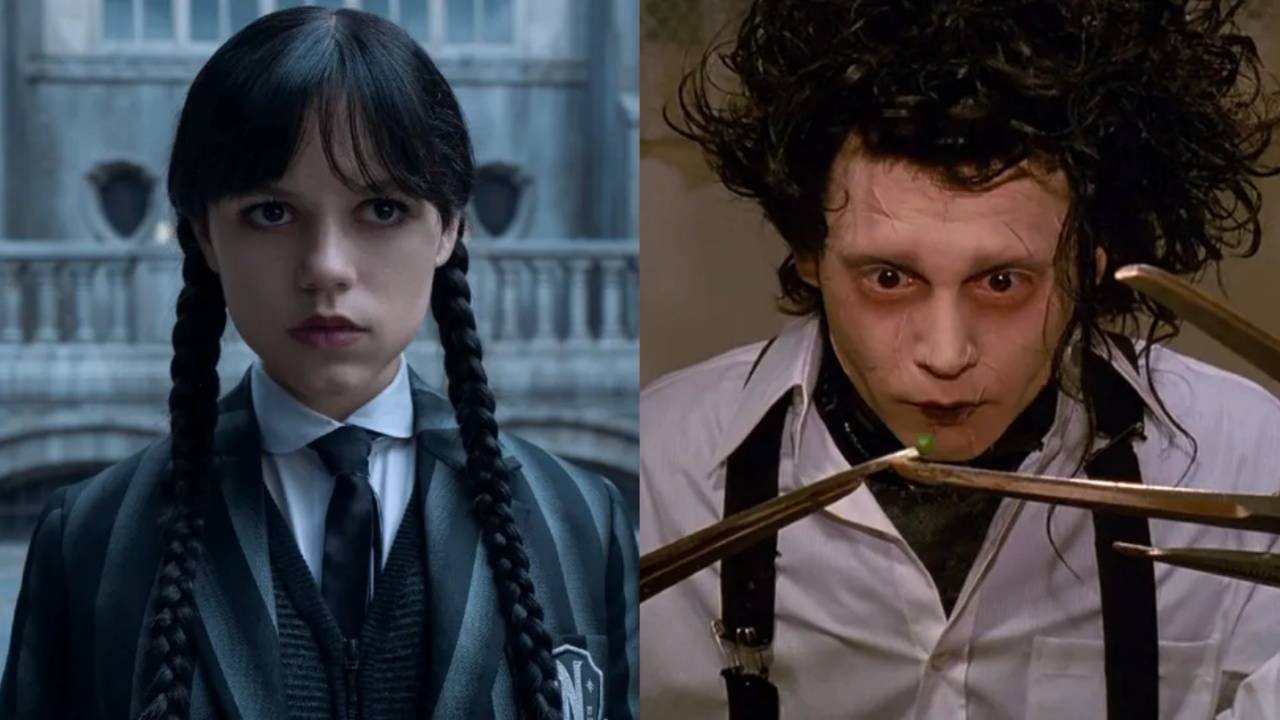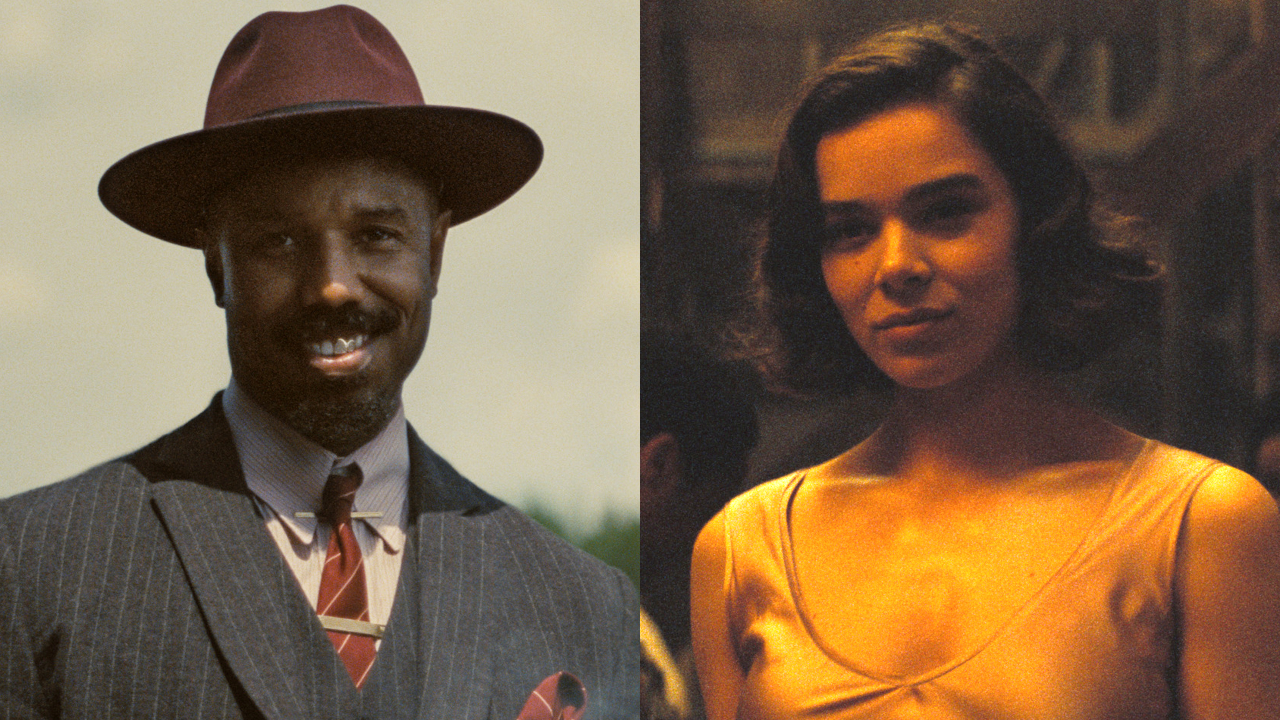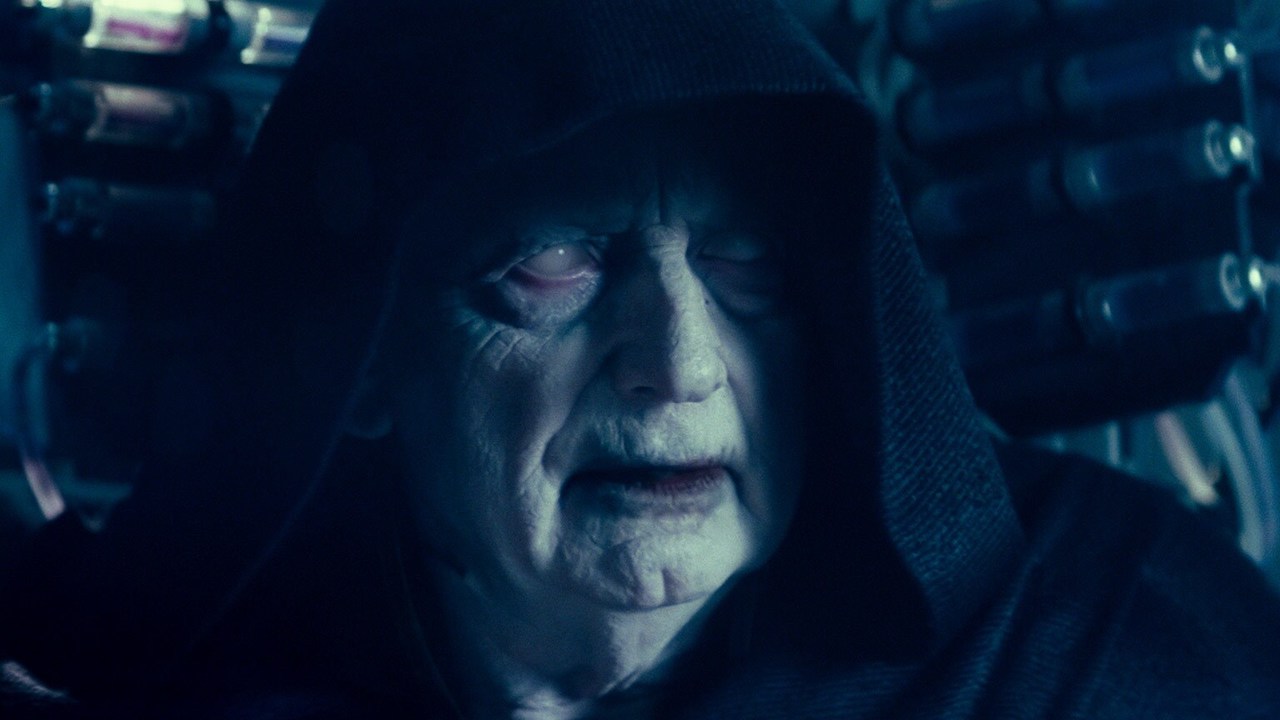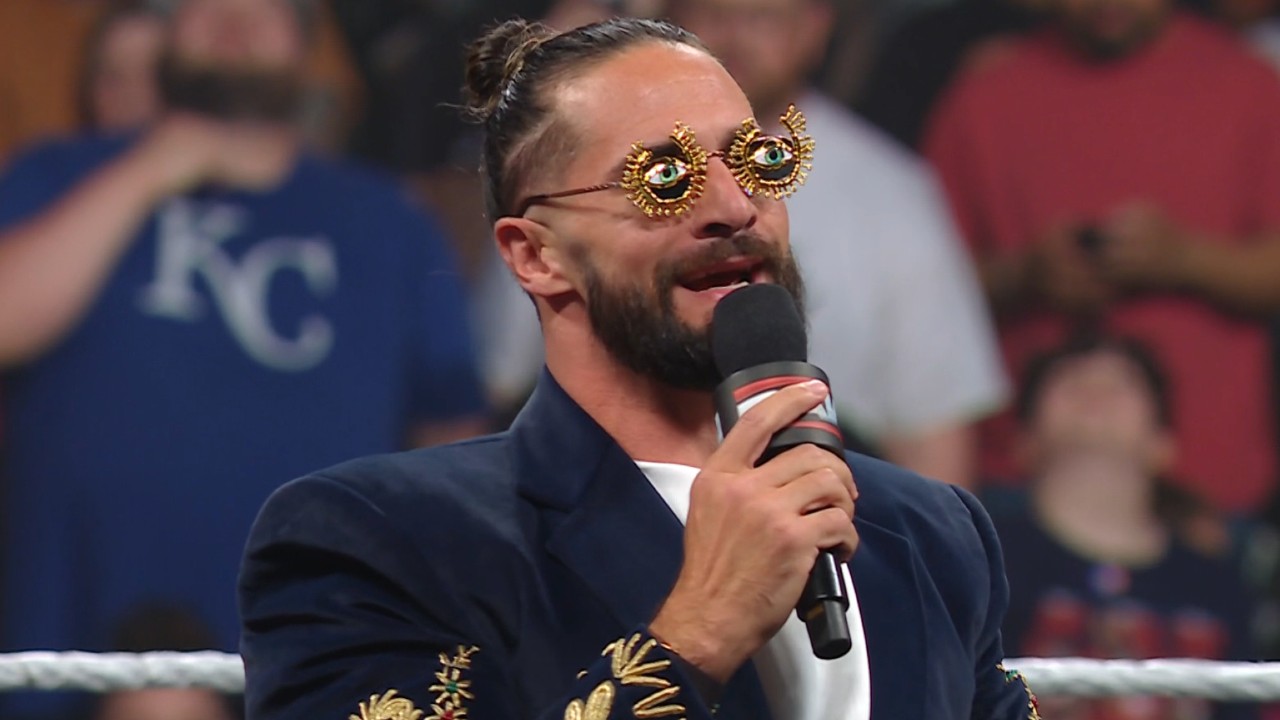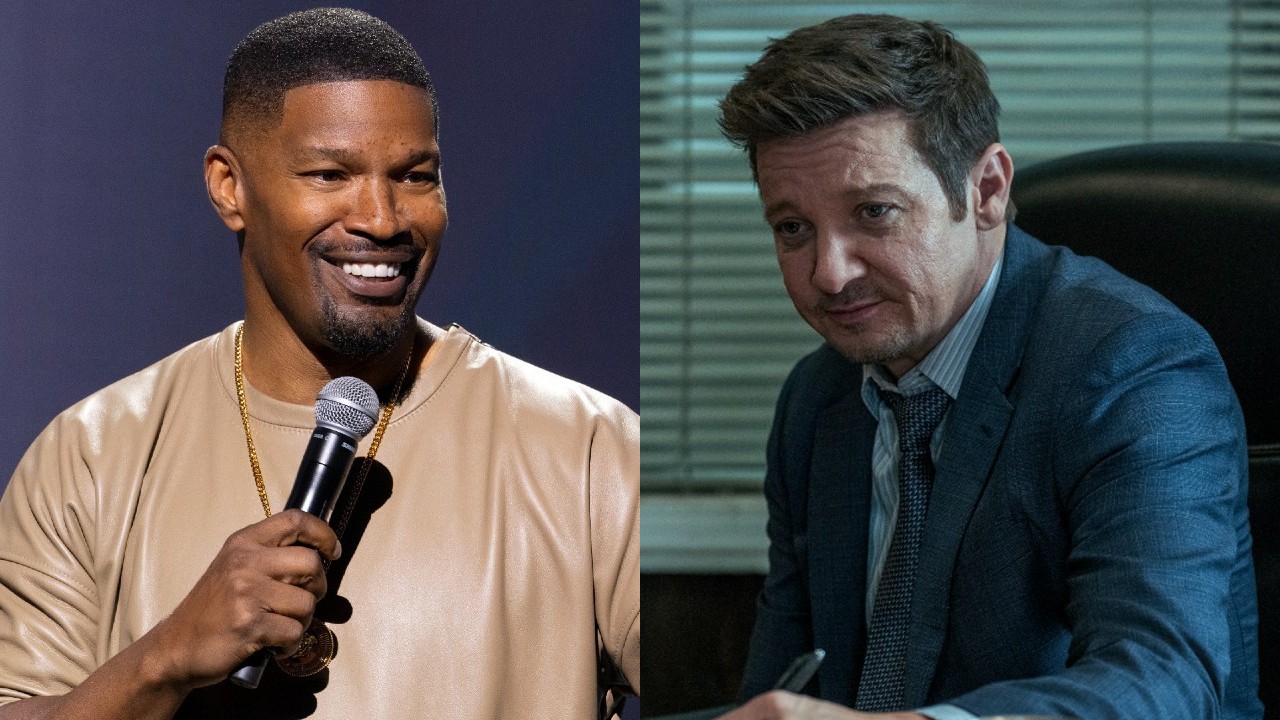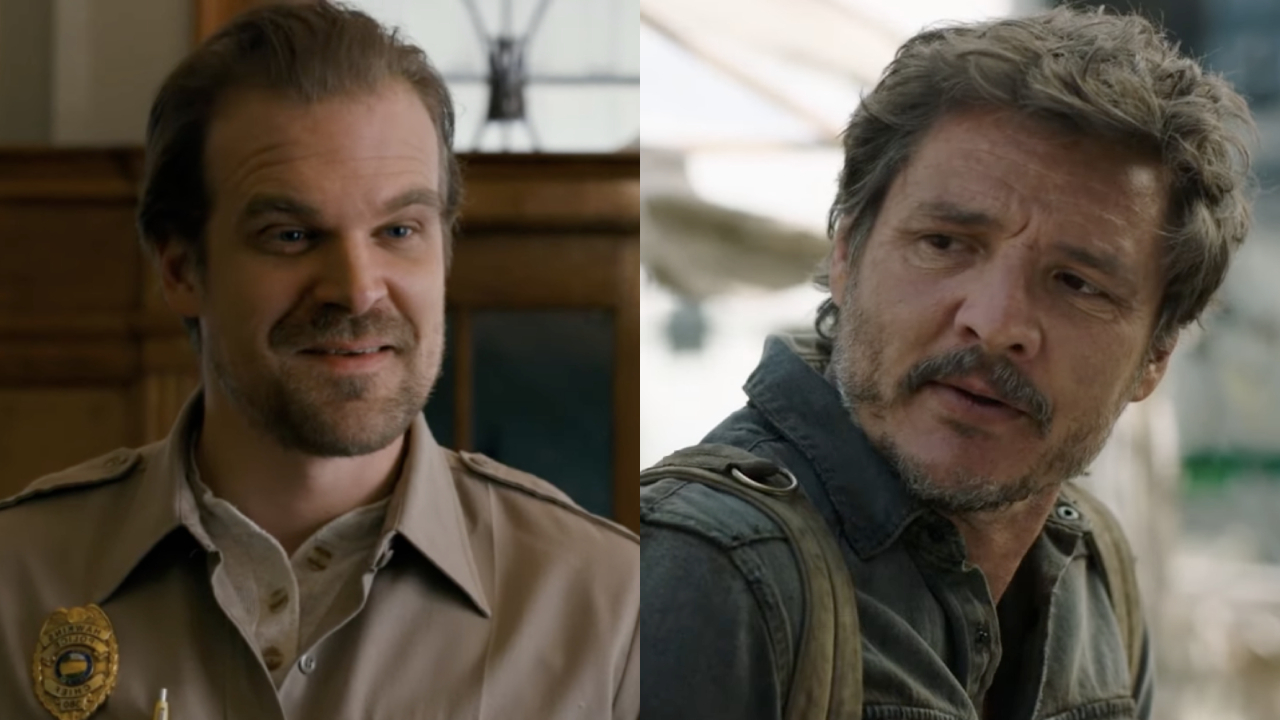Survivor 47 Just Gave Us An All-Time Fire Challenge, But Fans Are Still Bitterly Divided On Its Place In The Game
So many thoughts.
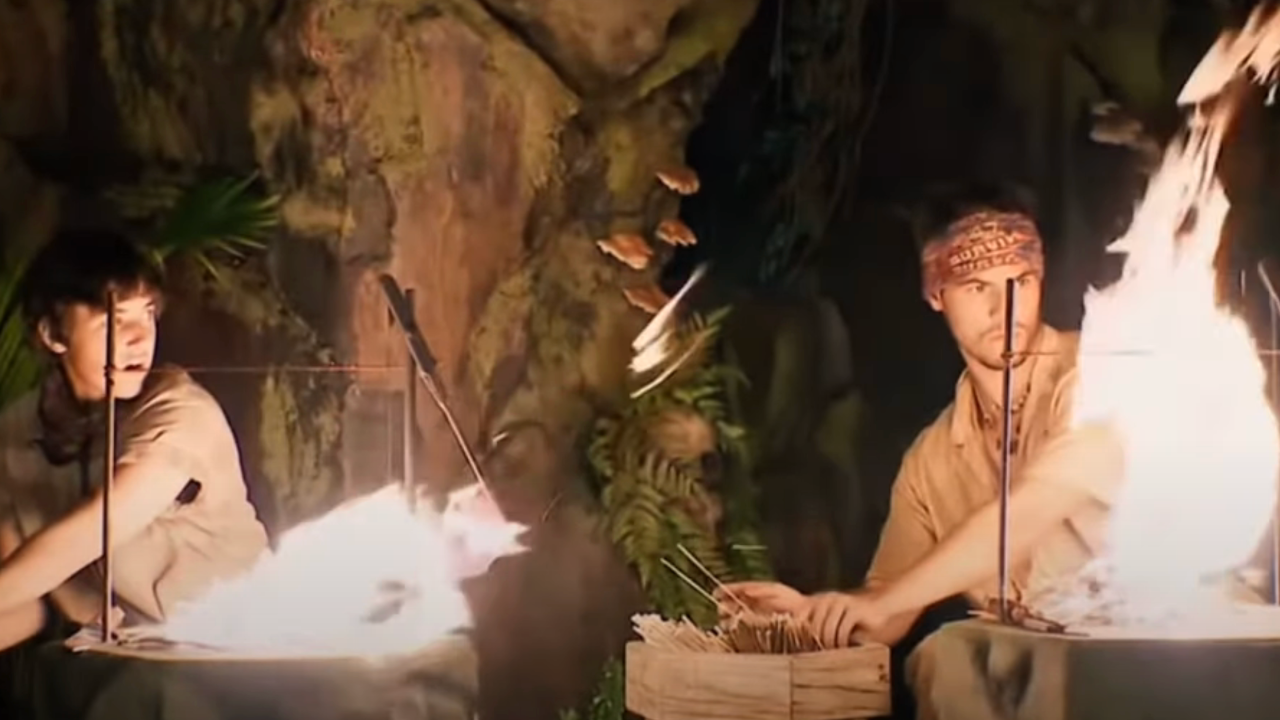
Did you watch Survivor last night? It was a certified banger. Despite many fans complaining ahead of time about how obvious the outcome seemed, the long-running reality competition series gave us an absolute heater that included a really contentious Final Tribal Council and one of the best fire-making challenges in the history of the show. As such, you’d think the fanbase would all be celebrating on social, but of course, a lot of the conversation has devolved into the same debates we all have every year about the fire-making challenge and whether it should even exist... as well as how much Survivor contestants make.
So, let’s back up and talk about what the fire-making challenge is. Let’s talk about what the arguments for and against are, what Jeff Probst thinks and finally, I’ll offer some thoughts of my own.
What Is The Fire-Making Challenge?
Starting with Season 35, Survivor changed the way the Final 4 works. After the Immunity Challenge, instead of holding a standard vote, the winner picks one player to also make the finals and two players who must compete in a fire-making challenge in order to secure the final spot. Each castaway in the fire-making challenge is given all the tools they need to make a fire, and the first one who is able to burn through a rope hanging above the surface they’re working on is declared the winner.
Sometimes it’s absolutely riveting, as was the battle we saw last night between Sam and Teeny. Sometimes it’s a lot less thrilling with one person clearly being way more competent at making fire than the other. There’s huge variance, depending on the season, but as last night proved, it’s not necessarily the quality of the showdown that people have opinions on, it’s how it affects the structure and strategy of the game.
The Argument Against It
Many fans believe the whole point of Survivor is to vote people out. There are four players left, and three get to plead their case with the jury. Why wouldn’t you just let the players decide for themselves? Whoever loses at fire is the only player during the entire game that gets their torch snuffed without receiving votes from other players. People who don’t like fire-making would say that’s not fair. No one should go home before Final Tribal that isn’t voted out.
In addition, fans against fire-making love to point out that, while it definitely requires some skill, there’s a huge element of variance and luck involved. The first person to actually make fire isn’t always the person who wins, as sometimes people get a flame going, and it gets snuffed out by the wind. We saw a version of that that with Teeny last night, as she had an inferno going for a little while, but near the end, it didn’t even seem to be making contact with her rope at all.
The Argument For It
There are a lot of Survivor fans who like fire-making for a few reasons. They point out that fire-making is often very exciting. You could make a pretty obvious case that the most riveting moments of last night’s episode were during the fire-making competition, at least apart from figuring out who won and how much each player would make. It sets up basically a second Immunity Challenge that’s do or die, and it’s always enjoyable to see how the jury reacts and who they seem to be rooting for.
CINEMABLEND NEWSLETTER
Your Daily Blend of Entertainment News
In addition, advocates would argue that making fire is the most basic skill required to actually survive. The show might devote more airtime to watching the contestants strategize, but the most basic conceit of the game involves people trying to survive in the wilderness for a period of time. Knowing how to make fire is core to doing that, and while there isn’t an element of voting people out, it’s still very in keeping with the basic premise of the show.
And then there’s, of course, the strategy element, which I’ll let Jeff Probst explain.
What Jeff Probst Has To Say
Survivor is not always a game that listens to the fans or even former players. Ultimately, the opinion that matters the most is the one coming from producers, as we’ve seen over and over again with the 26 days versus 39 days debate. When it comes to fire, it’s very clear where Jeff and the producers stand.
They feel it’s necessary to prevent the most likely person to win from being voted out every season. Here’s a quote from Jeff he gave to Entertainment Weekly explaining that…
This idea came about to solve a problem that has bothered me for years. If someone plays a great game and gets to the final four, it has always bothered me that the other three can simply say, 'We can't beat him, so let's all just vote him out.' So this year we decided to make a change. If you get to final four, you are guaranteed a shot to earn your way to the end. And if you are the one to win the final four challenge, you are in charge of who you take and who you force to fight for it in a fire-making showdown.
That change has obviously remained in place for more than ten additional seasons, and at this point, there's no reason to think it's going anywhere. Like Hidden Immunity Idols and the Sanctuary, it now seems to be a core element of the game.
How I Feel
I hear all the arguments from the anti-fire people. It does suck to have a person go home without getting voted out, and there is definitely a lot of chance involved in the rope burning through. Sometimes I’m very annoyed about the whole process, but I’m also a person who likes to see the best player on each season win.
I’m not someone who roots for the underdog to get more votes than expected at Tribal Council. More often than not, I want the person who I perceived to have played the best game to win it all and take home the money. Jeff is not wrong that prior to Season 35, the Final 4 often devolved into the players talking about who has the best chance of winning and intentionally eliminating that person. That, of course, still happens at the Final 5, but there’s a lot more variance and interesting tribe and alliance dynamics in play with five people left.
As such, I see fire-making as necessary evil. It produces a more true and genuine outcome than letting the players vote, and I like that it leaves some element of control in the hands of everyone left in the game. Ultimately, they’re responsible for their fate, and while there is luck involved, there’s enough skill there that I’m okay with it. Besides, it’s Survivor. Of course the elements are going to get in the way. That’s part of the game, as is the fanbase arguing with each other, which you can expect to overhear again about fire and other things when the show returns to the network TV schedule for Season 48 next year.
Mack Rawden is the Editor-In-Chief of CinemaBlend. He first started working at the publication as a writer back in 2007 and has held various jobs at the site in the time since including Managing Editor, Pop Culture Editor and Staff Writer. He now splits his time between working on CinemaBlend’s user experience, helping to plan the site’s editorial direction and writing passionate articles about niche entertainment topics he’s into. He graduated from Indiana University with a degree in English (go Hoosiers!) and has been interviewed and quoted in a variety of publications including Digiday. Enthusiastic about Clue, case-of-the-week mysteries, a great wrestling promo and cookies at Disney World. Less enthusiastic about the pricing structure of cable, loud noises and Tuesdays.
